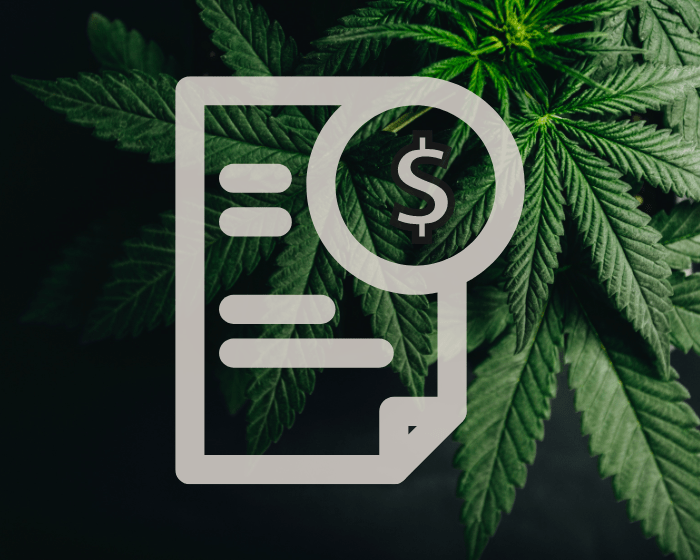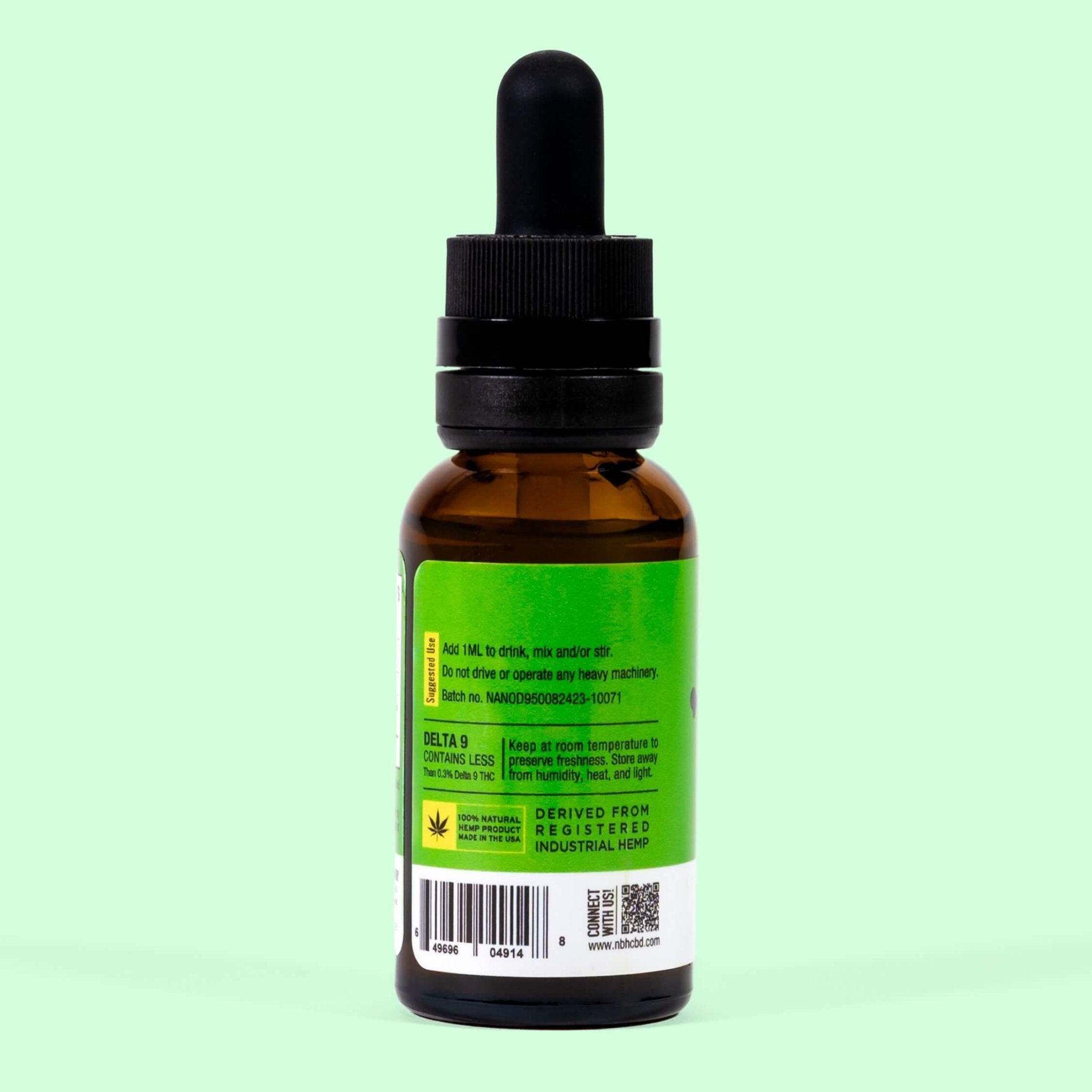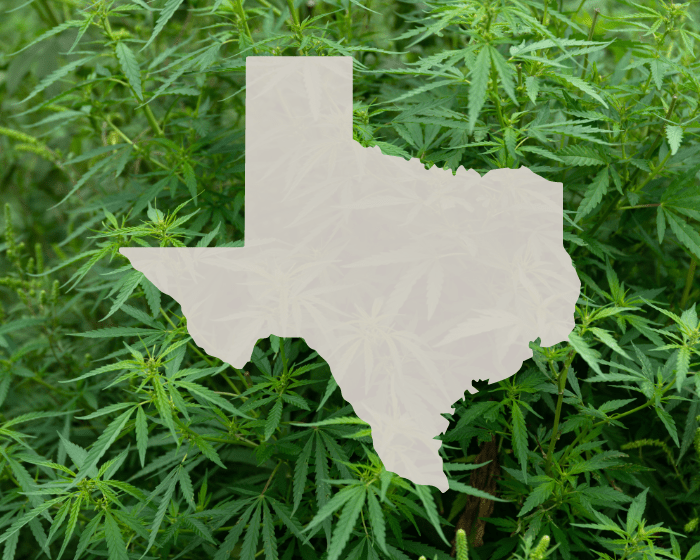Some banks remain hesitant to offer financial services to hemp businesses. This bill aims to change that.

A bill designed to provide a safe harbor for banks and credit unions doing business with the still-federally-illegal cannabis industry, the Secure and Fair Banking Act (SAFE) Banking Act, would also protect those who provide ancillary services to the cannabis industry: attorneys, accountants, real estate and insurance to do business with the cannabis industry.
But since hemp is already federally legal, would it do anything for hemp?
Yes, says U.S. House Representative Ed Perlmutter (D-Colorado), a lead author of the SAFE Banking bill. In a recent interview, Perlmutter told the U.S. Hemp Roundtable’s Jonathan Miller that the main benefit for the hemp industry would be financial services including credit cards.
As John Berlau explained in Forbes, “The lack of clarity on federal banking rules also poses issues for legal hemp, much of which is grown in [Senate Minority Leader Mitch] McConnell’s state of Kentucky. Even though the hemp is grown primarily for industrial uses, banks are still reluctant to offer financial services to hemp firms simply because of the possibility that part of the crop could be used for marijuana and be in violation of federal law.”
U.S. House Representative Andy Barr (R-Kentucky), worked with Perlmutter to create protections that would benefit the hemp industry. As Perlmutter put it, “to make sure the credit card companies were comfortable in providing credit card services.”
“Even though the hemp is grown primarily for industrial uses, banks are still reluctant to offer financial services to hemp firms simply because of the possibility that part of the crop could be used for marijuana and be in violation of federal law.”
— John Berlau for Forbes
Other Aims of the SAFE Banking Act: • Help small, BIPOC, and women-owned cannabis businesses get loans and start-up funding.
• Help prevent robberies and murders associated with having large amounts of cash outside of the bank.
According to Perlmutter, after Colorado legalized recreational cannabis by initiative in 2012, former U.S. House Representative Barney Frank (D-Massachusetts) recognized that there was going to be conflict between state and the federal laws that would impact banking.
“Dispensaries and other kinds of organizations were going to get a ton of cash and that was going to lead to public safety problems,” Perlmutter said. “So the guts of [the SAFE Banking Act] is: businesses that are legal in a particular state ought to have legitimate financial services. Whether it’s insurance, banking, payroll accounts, credit cards, checking, whatever it may be.”
“Businesses that are legal in a particular state ought to have legitimate financial services. Whether it’s insurance, banking, payroll accounts, credit cards, checking, whatever it may be.”
— Retiring U.S. House Representative Ed Perlmutter (D-Colorado)
Is the SAFE Banking Act Good for Small and Minority-Owned Businesses?
The Minority Cannabis Business Association strongly supports the SAFE Banking Act, saying, “SAFE would not only address ongoing safety concerns and provide much needed relief to small and minority-owned cannabis businesses, but SAFE would represent a big step on a long journey towards equitable and sensible cannabis policy.”
This is because small, community-based financial institutions are more likely to lend to fledgling businesses.
“It really is about small banks and small credit unions supporting small businesses,” Perlmutter said. “SAFE Banking allows the smaller businesses [to avoid] having to sell out because they can’t get capital. … Providing some minimal banking services will allow women and minority business owners, particularly, to develop these businesses, to grow these businesses, and to have the opportunity to succeed, which they don’t have right now. … We need to give this access to capital to these folks so they have a chance.”
“It really is about small banks and small credit unions supporting small businesses.”
— Retiring U.S. House Representative Ed Perlmutter (D-Colorado)
Would Federal Cannabis Legalization Make SAFE Banking Unnecessary?
Because the need for the SAFE Banking Act is rooted in federal prohibition of cannabis, federal decriminalization would remove the need for the act. However, while federal decriminalization is considered inevitable, it might not arrive soon.
“The fact that Schumer, Booker, and Wyden were able to unveil what is really a good piece of legislation in terms of their cannabis innovation act,” Perlmutter said, “I think that will allow things to start moving forward because they’ve shown that they can put together a good piece of legislation.
“Now they’ve got to get realistic and determine whether they’re got the votes for that,” he continued. “And they probably don’t. So then what happens? I think SAFE Banking becomes the centerpiece for a potentially bigger bill.”
It could be expanded, according to Perlmutter, by allowing for research, veteran use for PTSD, and expunging non-violent cannabis related crimes.
Where Does SAFE Banking Stand?
The House has passed the SAFE Banking bill seven times with bipartisan support, most recently as part of the National Defense Authorization Act. But time and again the bill has stalled in the Senate.
“This [bill] was built by both parties,” Perlmutter said. “And the more we work together, the better the bill has gotten.”
You can contact your Senator regarding the SAFE Banking Act via U.S. Hemp Roundtable.








































